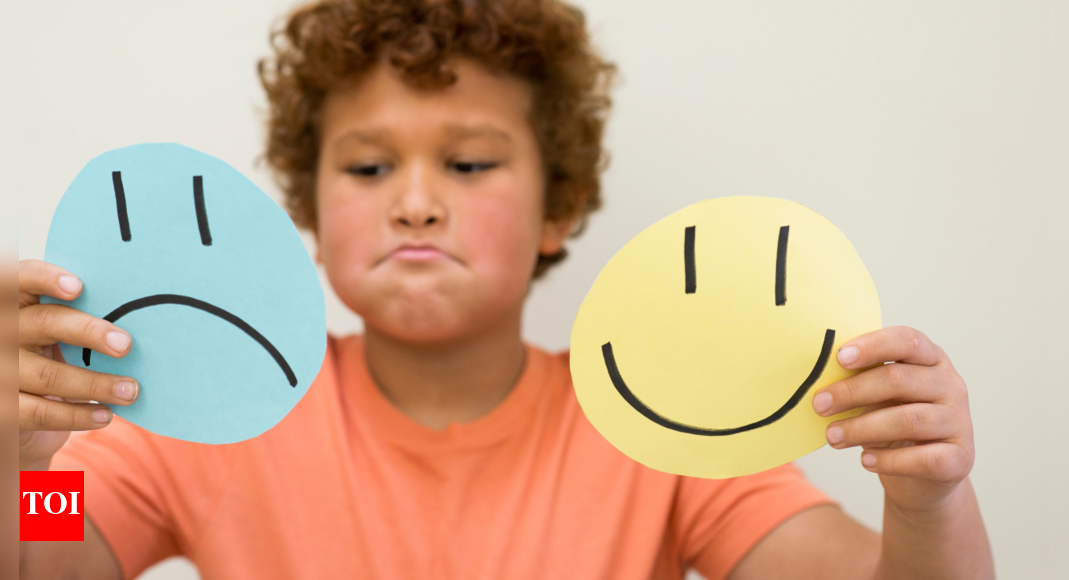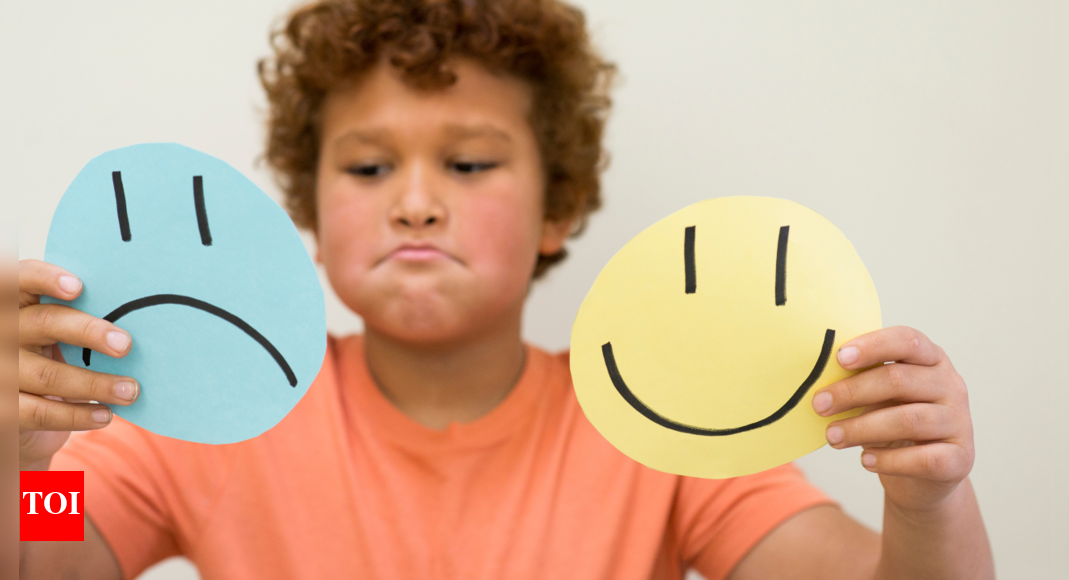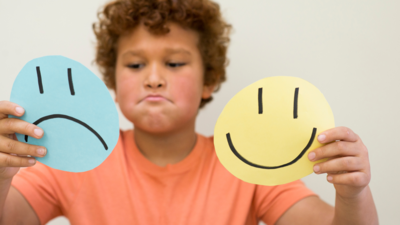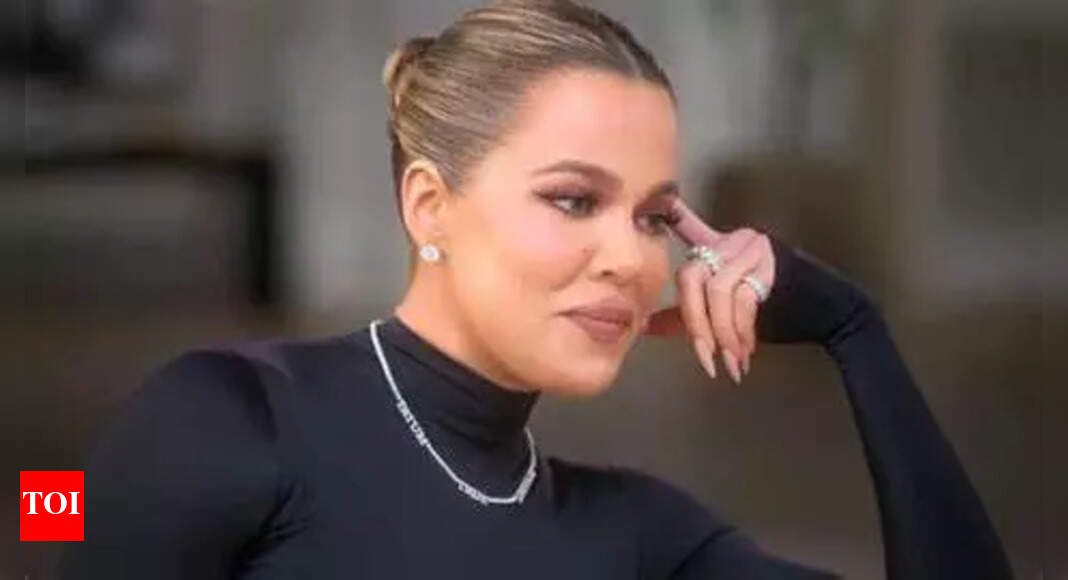## From Reality TV to Real Healing: Khloé Kardashian on How Keeping Up Helped Her Confront Her Past For years, Keeping Up with the Kardashians offered a voyeuristic glimpse into the lives of one of America’s most famous families. But beyond the glitz, glamour, and drama, the show has also been a platform for raw and honest conversations about family, loss, and ultimately, healing. In a recent interview, Khloé Kardashian revealed how the cameras, initially a source of stress, ultimately became a tool to confront the pain of losing her father, Robert Kardashian, at a young age. This is a story about the power of vulnerability, the complexities of fame, and how even reality TV can become a space for genuine emotional growth.
Finding Solace in the Unlikely
The Unexpected Role of Reality TV

Losing a parent is a deeply personal experience, one that leaves an enduring mark on an individual’s life. For Khloé Kardashian, the pain of losing her father, Robert Kardashian, was a profound and lasting wound. In a surprising turn of events, reality television, a medium often criticized for its superficiality, provided an unexpected platform for her to begin healing.
It wasn’t a planned or graceful process. Khloé recounts feeling frustrated during filming for “Keeping Up with the Kardashians” when producers asked her to discuss her father’s passing. At the time, the topic felt raw, forced, and too soon to confront. She wasn’t ready. Or at least, that’s what she thought.
“It was like a house got lifted off of me after that conversation,” she recalled. “I was kicking and screaming while doing it, but as soon as I had that conversation — that was the last time I cried when talking about my dad in a bad way.”

The Power of Vulnerability and Authenticity
What began as a potentially uncomfortable scene for a reality show evolved into something profoundly real and healing. The conversation became a turning point, not just for the episode, but for Khloé herself. She hadn’t anticipated finding peace amidst the production lights and cameras, yet sometimes, healing arrives in the most unexpected places.

Khloé’s story underscores the power of vulnerability and authenticity in connecting with audiences. By allowing herself to be open and honest about her grief, she created a space for viewers to empathize and relate to her experience. This vulnerability, often seen as a weakness, became a source of strength, forging a deeper connection with her audience.
Implications of a Public Platform for Personal Healing
Using a public platform for personal healing is a double-edged sword. While it can offer a sense of catharsis and connection, it also exposes one’s vulnerabilities to scrutiny and judgment. Khloé’s experience demonstrates that this vulnerability can be met with empathy and understanding, but it also highlights the potential for backlash and criticism.
Beyond the Screen: The Broader Impact
Khloé’s Story as a Reminder of the Individual Nature of Grief
Khloé’s story serves as a powerful reminder that grief is a deeply personal and individual experience. There is no right or wrong way to grieve, no set timeline, and no universal solution. Her journey highlights the unique ways in which individuals navigate loss and find their own paths to healing.
The Importance of Safe Spaces for Emotional Expression
Creating safe spaces for emotional expression is crucial, especially for individuals who have experienced loss. These spaces can provide a sense of belonging, understanding, and support. Whether it’s through therapy, support groups, or simply open and honest conversations with loved ones, having a place to share feelings without judgment can be invaluable during times of grief.
How Society Can Better Support Individuals Navigating Grief and Loss
Society often struggles to address grief in a meaningful way. We tend to shy away from uncomfortable conversations and offer platitudes that fail to acknowledge the depth of pain. To better support individuals navigating grief, we need to:
- Normalize conversations about death and loss.
- Educate ourselves about the different stages of grief.
- Offer genuine empathy and support to those who are grieving.
- Promote access to mental health resources and grief counseling.
By creating a culture that embraces open and honest conversations about grief, we can provide the support and understanding that individuals need to heal and move forward.
Conclusion
Khloé Kardashian’s candid reflection on her journey with grief and the unexpected healing she found through “Keeping Up with the Kardashians” offers a powerful glimpse into the complex relationship between public vulnerability and personal growth. By sharing her story, Kardashian dismantles the idealized image of fame, showcasing the raw emotions and struggles that lie beneath the surface. She reminds us that even amidst the glitz and glamour, individuals grapple with deeply personal pain, and that seeking connection and sharing our stories can be a vital part of the healing process.
Kardashian’s experience raises important questions about the role of reality television in shaping our understanding of celebrity and the human experience. While some may criticize the genre for its manufactured drama, Kardashian’s story reveals its potential to foster empathy and create a sense of shared humanity. In a world increasingly dominated by curated online personas, her openness encourages us to embrace vulnerability and connect with others on a deeper level. Perhaps, in the end, it’s through these shared stories of pain and resilience that we find true connection and ultimately, healing.
Ultimately, Khloé Kardashian’s journey reminds us that even in the face of unimaginable loss, the human spirit possesses an extraordinary capacity for resilience and growth. By sharing her story, she inspires us to embrace vulnerability, seek connection, and find healing in unexpected places.
